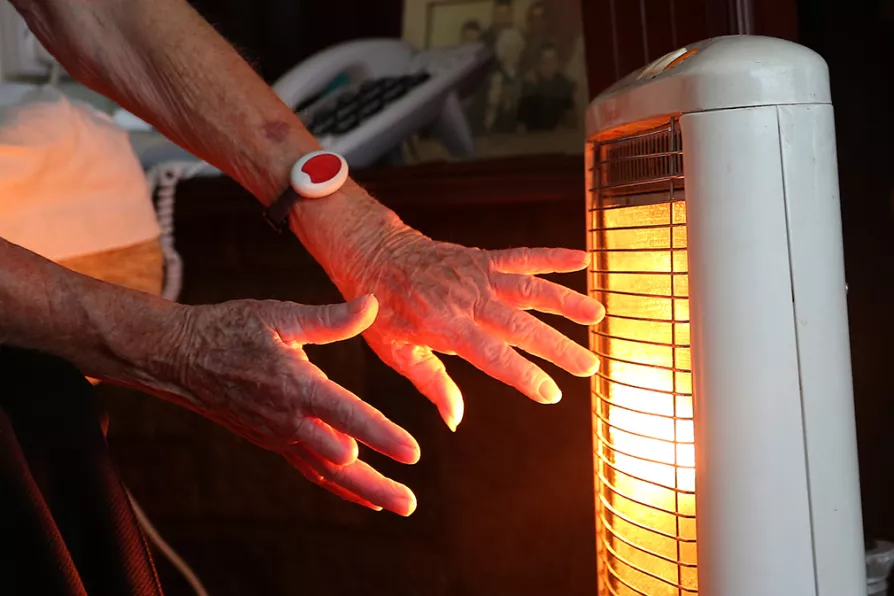Over a quarter of homes in Sunak's constituency are in fuel poverty

 An elderly lady with her electric fire on at her home
An elderly lady with her electric fire on at her home
MORE than a quarter of households across incoming Prime Minister Rishi Sunak’s constituency are suffering from fuel poverty, with the figure only set to rise, campaigners warned today.
The End Fuel Poverty Coalition published estimates that 12,220 homes in Richmond, north Yorkshire, are struggling to afford their gas and electricity bills — 25.66 per cent of the total.
The shocking figure comes after the former chancellor’s predecessor in Downing Street, Liz Truss, used borrowed cash to freeze average annual energy bills at a new record high of £2,500 from this month.
Similar stories

Energy giants rake in half a trillion pounds out of people’s misery, campaigners warn













